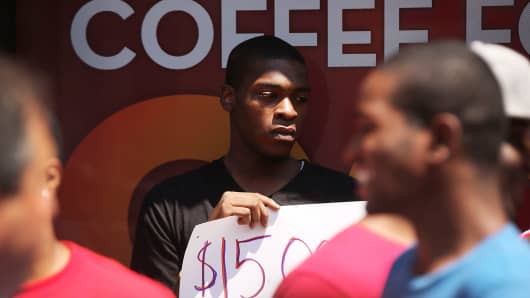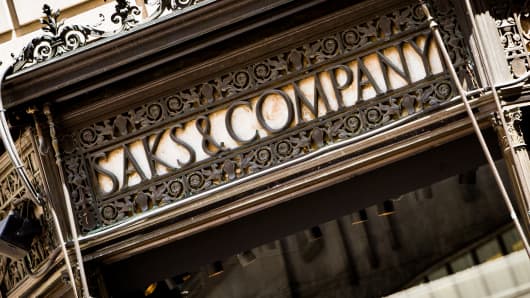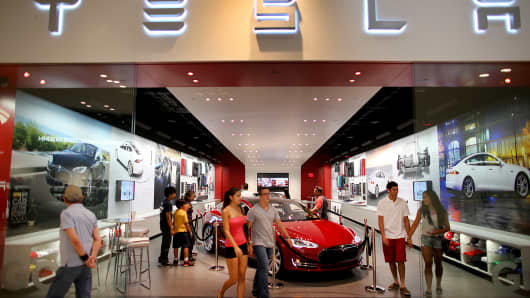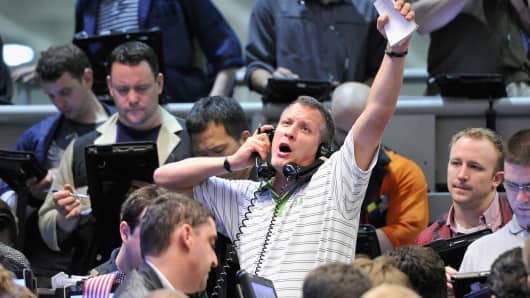Recapping the day's news and newsmakers through the lens of CNBC.
Higher wages kill jobs? Maybe not
Notes:
Retailers, fast-food eateries and many other businesses rely on inexpensive labor, so any push to raise the minimum wage is a concern.
One of those efforts is in Seattle, home of Starbucks, where advocates want the state of Washington's minimum lifted to $15 an hour from $9.19, already the highest of any state. Starbucks CEO Howard Schultz has supported a higher minimum wage.
Other big U.S. employers, including Wal-Mart, say a higher wage would cost some workers their jobs.
Business groups like the U.S. Chamber of Commerce have long argued that higher wages kill jobs. But some academics say that's not necessarily so. Nor, they add, do higher wages inevitably lead to a jump in prices. In fact, the broader economy may benefit. And businesses which sell things to people with modest incomes want those consumers to have more to spend.
Lots of debate, and in the end, all arguments about the minimum wage can be reduced to the price of a Big Mac.
Quote:
"A higher minimum wage is a very simple and elegant solution to the death spiral of falling demand that is the signature feature of our economy."—Venture capitalist Nick Hanauer





